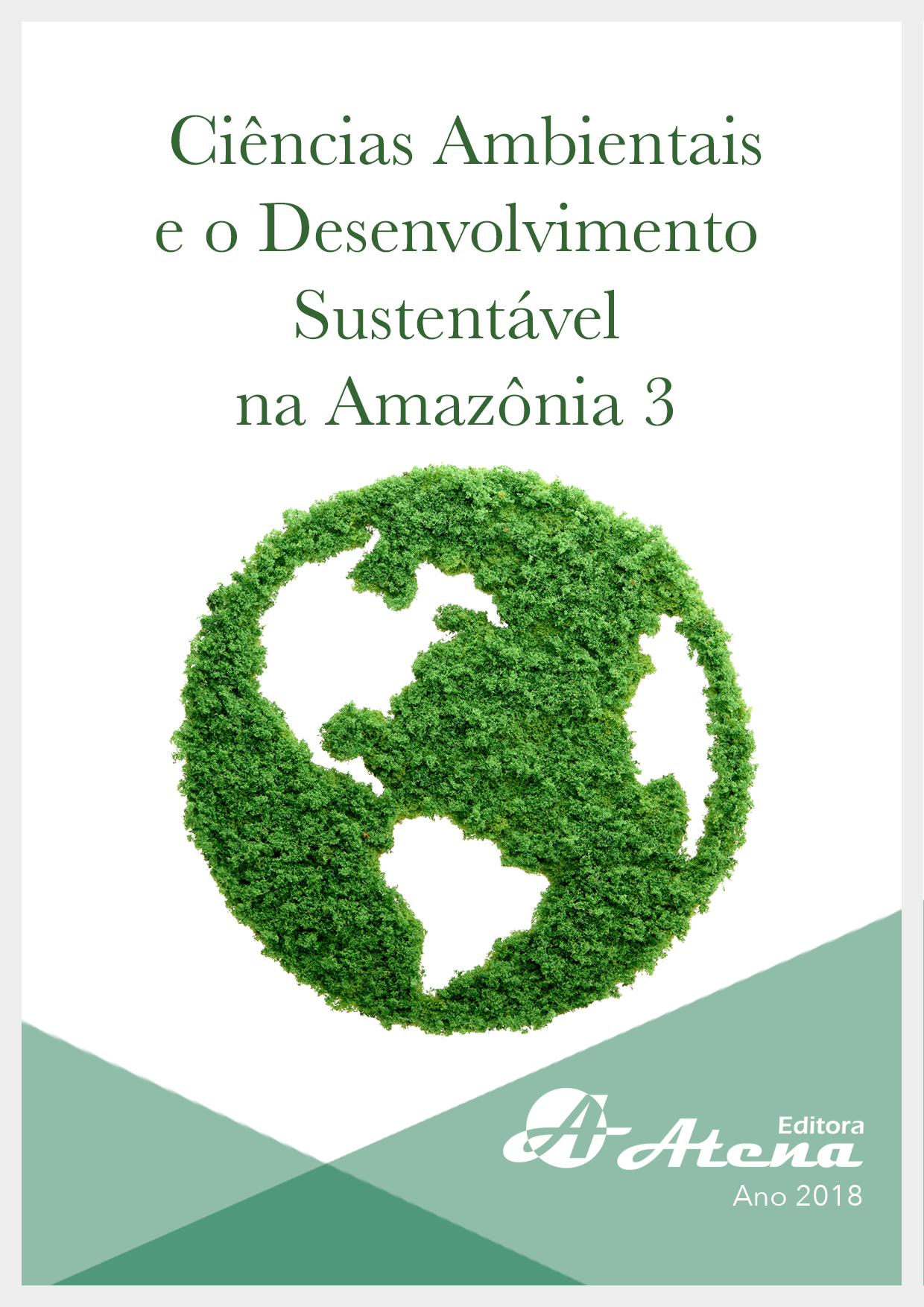
ANÁLISE DA APLICAÇÃO DE LOGÍSTICA REVERSA NAS EMPRESAS QUE COMERCIALIZAM E/OU PRESTAM SERVIÇOS DE INFORMÁTICA NOS MUNICÍPIOS DE REDENÇÃO E XINGUARA
A população mundial vem
empenhando-se para elucidar problemas
ambientais, obtidos por resíduos de produtos
fornecidos/consumidos. Segundo a Lei
12.305/2010, Política Nacional dos Resíduos
Sólidos, abrange que o gerenciamento e gestão
dos resíduos sólidos são feitos através de logística
reversa e do recolhimento compartilhado. A
logística reversa aborda o ciclo de produtos
físicos. Possibilitando, obrigatoriedade do
cumprimento da lei, a preservação do meio
ambiente, melhoria da saúde pública e retorno
as empresas. Portanto, a conexão entre
empresa e cliente neste processo motiva, o
presente artigo, classificado como quantitativo,
consiste em analisar dados levantados através
de uma pesquisa de campo com uma aplicação
de questionário em empresas que oferece e/
ou comercializam produtos e serviços ligados
a informática localizadas nos municípios de
Redenção e Xinguara. Com os dados obtidos
buscamos avaliar a compreensão dessas
empresas a respeito logística reversa e o
destino dos equipamentos produzidos e obtidos
por essas empresas. Os resultados da análise
mostraram que, devido as empresas e seus
clientes estarem em busca de se tornarem
ecologicamente corretos, de forma geral,
muitas empresas aplicam ou apenas conhecem
a logística reversa, relevando também qualquer
tipo de práticas para recolhimento de resíduos.
Mas, ainda sim, existem obstáculos para que
essas práticas de coleta sejam de fato exercidas
e a lei seja aplicada. Conclui-se, portanto, que
há um longo caminho para que ocorra de fato
o cumprimento da lei em todas as empresas,
e isso deve ser feito através de incentivos e
conscientização e orientação tanto por parte
das empresas, clientes e do governo.
ANÁLISE DA APLICAÇÃO DE LOGÍSTICA REVERSA NAS EMPRESAS QUE COMERCIALIZAM E/OU PRESTAM SERVIÇOS DE INFORMÁTICA NOS MUNICÍPIOS DE REDENÇÃO E XINGUARA
-
DOI: Atena
-
Palavras-chave: Resíduos. Informática. Logística Reversa.
-
Keywords: Waste. Computing. Reverse Logistic.
-
Abstract:
The world’s population has
been committed to solve problems caused
by residues of products supplied / consumed. According to the Law 12.305 / 2010,
the National Policy on Solid Waste covers that the management of solid waste are
done through logistics reverse and shared gathering. Reverse logistics addresses the
physical products. It enables the mandatory compliance with the law, preservation
of the environment, improvement of public health and companies. Therefore, the
connection between company and customer in this process supports, this article,
which is classified as quantitative, it consists in analyzing data raised through field
research with an application of questionnaire in companies that offer and / or market
products and services connected to computer science located in the provinces of
Redenção and Xinguara. By the data obtained we aim to evaluate the understanding
of these reverse logistics and the destination of the equipment produced and obtained
by these companies. The results of the analysis showed that, due to companies and
their clients are seeking to become ecologically correct, in general, many companies
apply or only know the logistics, also shows any kind of collecting of waste. However,
there are obstacles for collecting practices to be applied and the law is implemented.
We conclude, therefore, that there is a long way for the fulfillment of the law in all
companies, and this should be done through incentives and awareness and guidance
on the part of companies, customers and the government.
-
Número de páginas: 15
- Nayara Amanda Moura
- Carol Abreu Fragoso
- Cassiane Farias Peniche
- Gleisson Amaral Mendes


